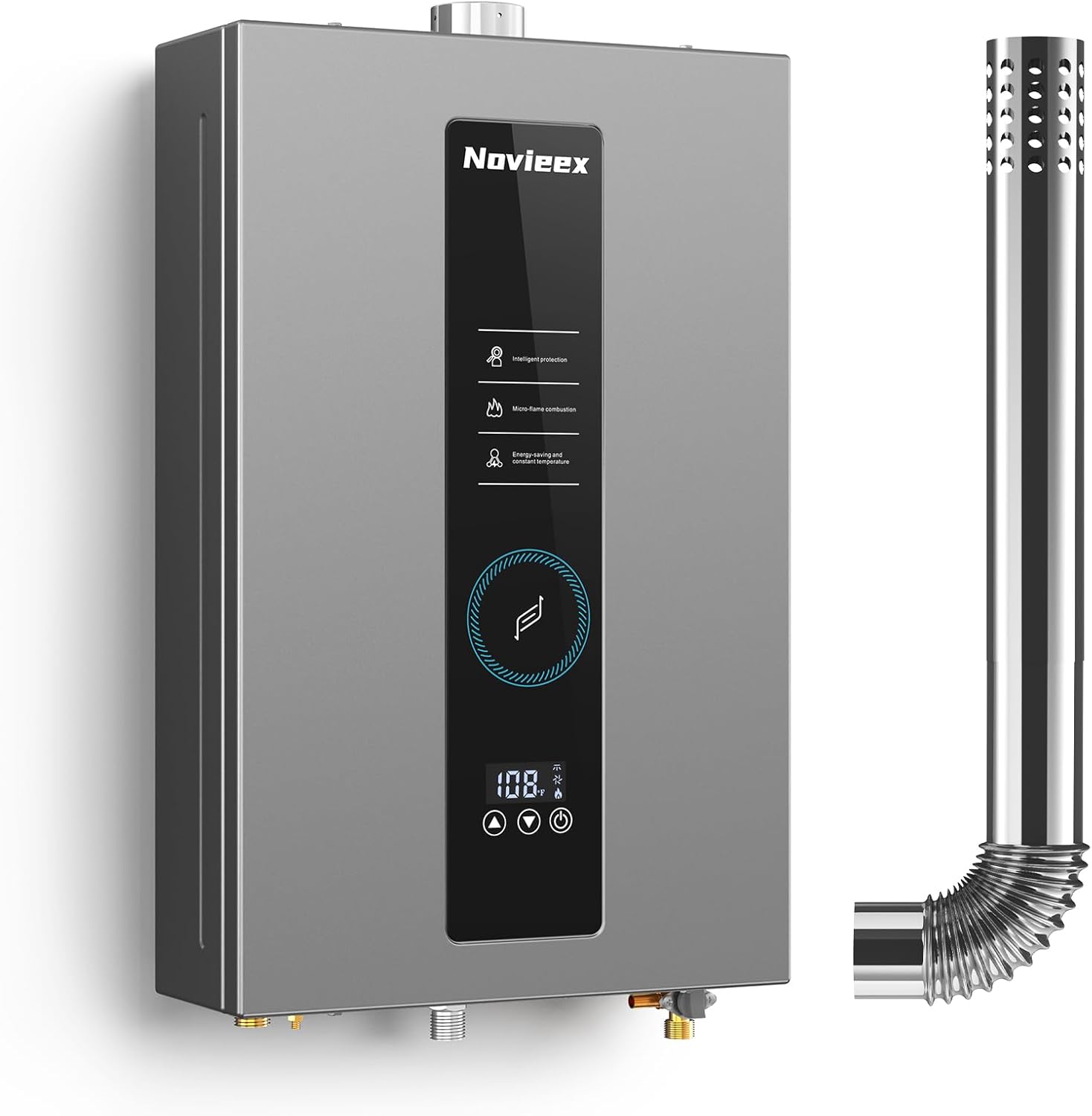To heat hot water centrally, install a boiler or water heater that distributes heated water through pipes to taps and radiators in your home.
Central hot water heating provides efficient, uniform warmth throughout your home from a single source. Whether you use a boiler, heat pump, or furnace system, understanding your options helps maximize comfort and energy savings.

Types of Central Hot Water Heating Systems
Three main systems dominate residential central heating:
1. Boiler-Based Hydronic Systems
Boilers heat water that circulates through pipes to radiators or underfloor tubing. Modern condensing boilers achieve over 90% efficiency by recovering heat from exhaust gases.
- Pros: Quiet operation, zoning capability, compatible with radiant floors
- Cons: Slower response time than forced air, higher installation cost
2. Heat Pump Water Heaters
These electrically-powered systems extract heat from air or ground. The Stiebel Eltron Tempra 36 represents an efficient tankless electric option.
| Type | Efficiency | Best For |
|---|---|---|
| Air-source | 300%+ | Moderate climates |
| Ground-source | 400%+ | Cold climates |
3. Forced Air Furnaces
While primarily for space heating, some systems integrate with water heater controls for domestic hot water. Modern units achieve 90-98% AFUE ratings.

Key Components for Central Hot Water
Heat Sources
- Gas boilers (natural gas or propane)
- Oil-fired boilers
- Electric resistance or heat pump
- Biomass (wood pellets, chips)
- Solar thermal collectors
Distribution Systems
Proper piping is crucial. Use:
- Copper or PEX for potable water
- Insulated pipes to minimize heat loss
- Circulation pumps for consistent flow
Installation Considerations
Sizing Your System
Oversizing wastes energy. Calculate based on:
- Home square footage
- Climate zone
- Insulation quality
- Number of bathrooms
Zoning Strategies
Create separate zones for:
- Different floors
- Living vs. sleeping areas
- High-use bathrooms
Maintenance Tips
Annual Servicing
Schedule professional maintenance for:
- Boiler pressure checks
- Heat exchanger inspection
- Pump lubrication
DIY Tasks
Homeowners should:
- Bleed radiators annually
- Check pressure gauges monthly
- Inspect for leaks quarterly
Energy Efficiency Upgrades
Modern Controls
Smart thermostats like ENERGY STAR certified models optimize performance.
System Enhancements
- Add buffer tanks to reduce cycling
- Install outdoor reset controls
- Consider sacrificial anode rods to protect tanks
Cost Comparison
| System Type | Installation Cost | Annual Operating Cost |
|---|---|---|
| Gas Boiler | $4,000-$7,500 | $600-$900 |
| Heat Pump | $6,000-$10,000 | $300-$500 |
| Electric Resistance | $3,000-$5,000 | $800-$1,200 |
Future Trends
Emerging technologies include:
- Hybrid heat pump/boiler systems
- Phase-change materials for thermal storage
- AI-optimized heating algorithms

